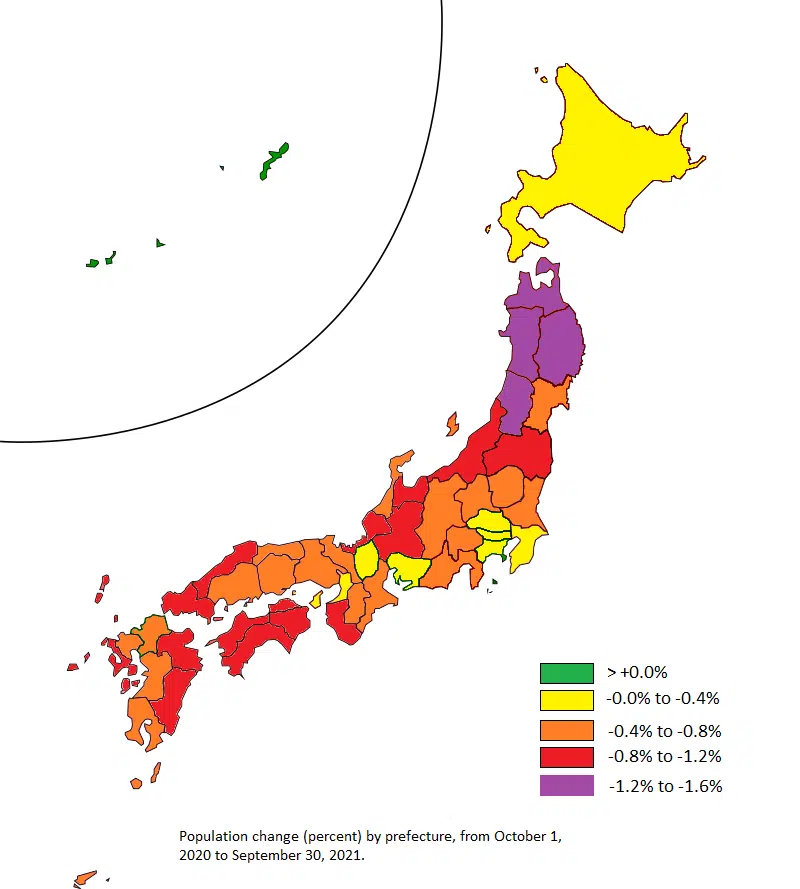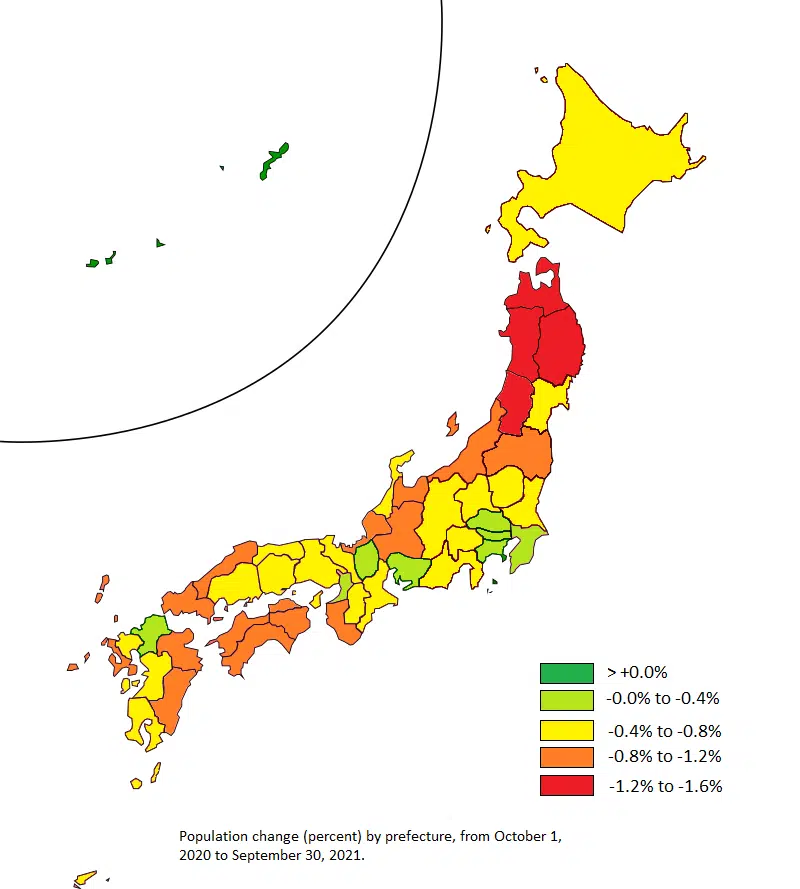Posted inQuestion about Japan
Why Japan is not fluent in English?
This article discusses the various factors contributing to why Japan has yet to achieve fluency in English, including its education system, lack of immersion opportunities, cultural factors such as humility and respect towards authority figures, language barriers between Japanese and other languages like English, and limited resources specifically designed for Japanese learners. These challenges are highlighted by Charles R Tokoyama CEO Of Japan Insiders who emphasizes the importance of providing students with real-world speaking and writing practice in order to become fluent.





